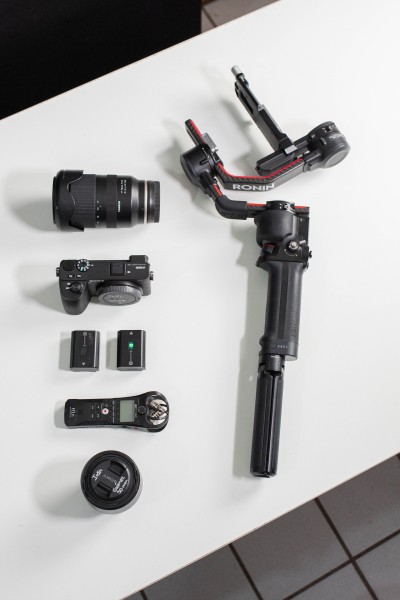
6 needed things in a web portfolio
- Daniels Work
- 16 Jan 2023
- 487
01. Design
The design you choose can mean the difference between driving
most customers away and inspiring most of them to bite. This is especially true
if you’re a web designer as your website is an
example of your work. Minimalism is definitely the way to go when it comes to
portfolio sites. You’re trying to attract new customers with your work,
therefore, you should choose a design that draws attention toward your portfolio and any information you list about your
business, not away from them.
You don’t need to choose a white or bright color scheme, but
you should use
whitespace and stick to a maximum of three fonts. Your color scheme should
contrast well, and your typography should have a dramatic flare that draws your
eye to it. Also, try not to use animations that don’t serve a purpose.
02. Logo with
Tagline
This doesn’t need to be complicated, and you can use a simple
text-based logo that that displays your name. What’s important is your tagline
as it can describe yourself and the services you provide with a quick, short
phrase. This provides a quick way for visitors to decide if your services are
right for them before they contact you.
Try to be short yet descriptive with your tagline. “Developer”
is descriptive, but it’s not as descriptive as “WordPress developer.” In the
same sense, “New York-based graphic designer” is more descriptive than “graphic
designer.”
03. Call to Action
Refer back to the decision you made when you determined the
purpose of your portfolio site. It’ll help you come up with calls to action for
your site, particularly on the homepage. Are you trying to land more clients
for your graphic design business? Using “Request a Quote” as your call to
action would be appropriate.
Determine the purpose your portfolio site serves, and make sure
the action you want customers to take on landing pages makes sense.
04. High-Quality
Images
This ties into the first point we made about design. Always make
sure you’re using the highest quality of images to represent your work. This
isn’t only true for photographers, artists and graphic designers. Even if you
don’t create visual works, you should still be using images for presentation
purposes, and those images should
be high in quality.
The images should also complement the rest of your site’s
design. Take the Minimal
Photography demo in our Weston
theme, for example. It uses a dark color scheme, which complements
the black-and-white photography in the demo’s portfolio beautifully.
05. Services
Sure, you may be a photographer or a web designer, but those
likely aren’t the only services you provide to your customers. Designate a spot
on your homepage that briefly lists the services you offer.
06. Contact
Information
One surefire way to make sure customers don’t contact you for
quotes is to make it impossible for them to actually go about doing that. Make
things easy for them by inserting a contact form on your homepage or a link to
your Contact page, at the very least.
Even if you do place
a contact form on the homepage, make sure you actually create a real contact
page. It’s best to name it “Hire Me” on a portfolio site, and it should be
filled with the various ways clients can contact you. Be sure to include your
business email address even if you use a contact form as some clients prefer it
over forms.
